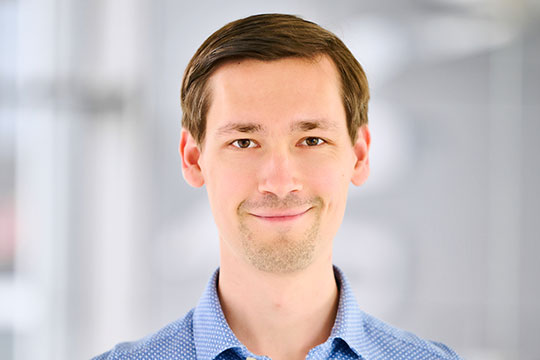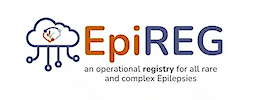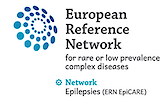


Notruf 112
Ärztlicher Notdienst 116 117
Giftnotrufzentrale
Tel: +49 228 19240
UKB-Telefonzentrale
+49 228 287 0
These include essential cookies that are necessary for the operation of the site, as well as others that are used only for anonymous statistical purposes, for comfort settings or to display personalized content. You can decide for yourself which categories you want to allow. Please note that based on your settings, not all functions of the website may be available.
These include essential cookies that are necessary for the operation of the site, as well as others that are used only for anonymous statistical purposes, for comfort settings or to display personalized content. You can decide for yourself which categories you want to allow. Please note that based on your settings, not all functions of the website may be available.
To load this element, it is required to consent to the following cookie category: {category}.

















